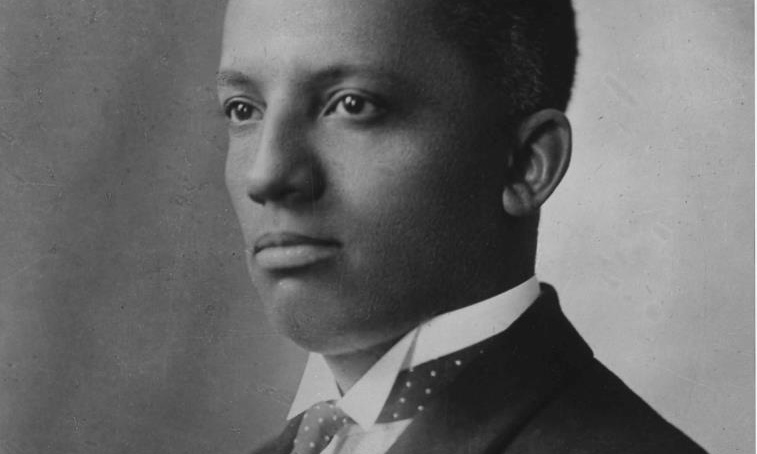
Black History Month: Brought to You by an Association
Although it’s been largely eclipsed by the celebration it founded almost 90 years ago, the Association for the Study of African American Life and History still plays a role in promoting and educating people about black history in America.
For the past 87 years, Americans have formally celebrated black history in the month of February, thanks in large part to an association.
The official commemoration began in 1926 as Negro History Week, founded by Carter G. Woodson and what was then known as the Association for the Study of Negro Life and History—now the Association for the Study of African American Life and History (ASALH).
There was with Woodson a notion that you needed a time of the year where special attention is given to a topic to show, in effect, what has been learned. And if anything, it’s become more critical.
Fifty years later, the week-long celebration evolved into Black History Month and was formally recognized by the president. It is widely thought that Woodson chose February for the observance because the month also marks the birthdays of Abraham Lincoln and Frederick Douglass, two of the most influential figures in the African American experience.
“There was with Woodson a notion that you needed a time of the year where special attention is given to a topic to show, in effect, what has been learned,” said Daryl Scott, ASALH president. “And if anything, it’s become more critical.”
With less focus on history in U.S. school curriculums, Scott said, Black History Month is an important vehicle through which to deliver this important part of the country’s narrative.
“As a nation at large,” Scott added, “let us not kid ourselves as to what Black History Month has become. It is not simply about the celebration of history for the sake of history, but for the sake of race relations in the United States.”
Almost 90 years after its founding, Black History Month has become larger and more widely recognized than the association that founded it, but ASALH still has a role in helping promote and sponsor the event.
Probably its most significant contribution is choosing the month’s annual theme, which this year is “At the Crossroads of Freedom and Equality: The Emancipation Proclamation and the March on Washington,” commemorating the anniversaries of both events.
The association also creates and distributes publications, documents, and photographs, all reflecting the national theme, for schools and public and private institutions to use as part of their Black History Month programs.
“No other celebration of history in America has been as long sustained,” Scott said. “In this way we are, in effect, great preservers and promoters, not simply of black history but of American history.”
Carter G. Woodson (photo via National Museum of American History)






Comments